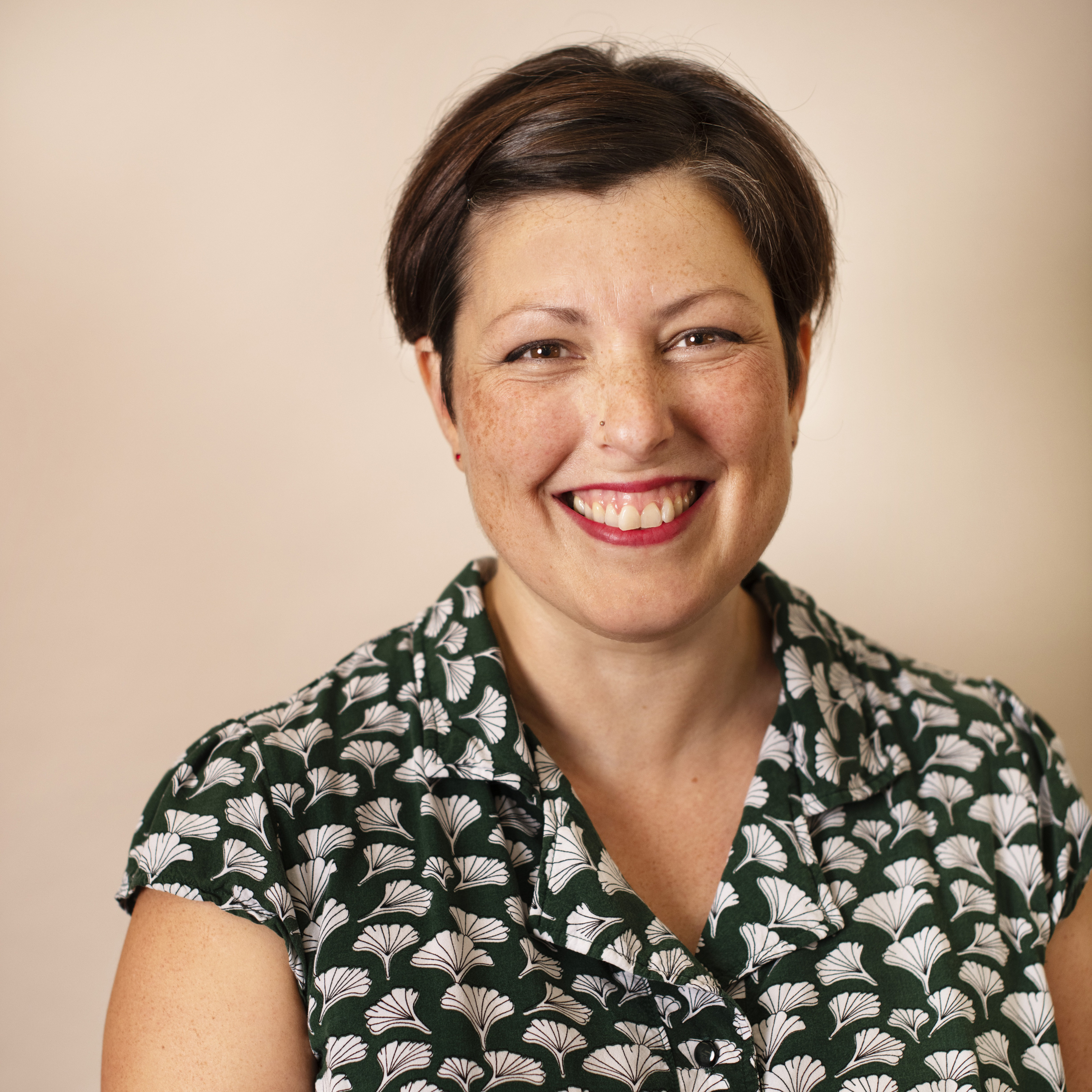Avaya MD outlines channel vision
Three months into his new role as managing director, UK and Ireland at communications vendor Avaya, Lee Shorten, outlines his vision for the channel.


There’s a perfect storm on its way for Avaya’s channel partners, according to the firm’s managing director for the UK and Ireland, Lee Shorten.
Shorten believes resellers will reap the benefits from the firm’s renewed channel-centric approach, combined with current market opportunities. He explains: “Our channel strategy as a corporation is to simplify the channel programme in the marketplace, make it easier for our customers to do business with us through the channel.”
Shorten says Avaya’s first job is to align its high touch sales team with its channel partners.
“We’re making sure the high touch salesperson engaged with the particular accounts can articulate the value of working with channel partners. I think it’s important because it’s not just about being an additional company in the middle, it’s about having the value of individual channel partners, and how we can work with the customer to identify the best route and got purchase for them.”
Avaya’s channel comprises traditional voice resellers focusing on the the vendor’s IP Office products in the SME market, and those contact centre application-focused resellers partners that sell into the mid-sized contact centre and lower enterprise-class infrastructure space.
Shorten admits the firm is missing large infrastructure channel partners, and says Avaya is looking to either recruit or help its current partners expand into the higher end of the market.
“There’s a lot of capacity in the market to expand the channels we deal with today. I don’t have a desire to switch on lots of new channel partners. I really want to focus on the channel partners that we’ve got and then sign strategic partnerships that bring us new coverage, because they’ve got the right qualifications to sell into government spaces or they’ve got vertical or business expertise we don’t have in our channel,” says Shorten.
Stay up to date with the latest Channel industry news and analysis with our twice-weekly newsletter
“We seem to have a pretty good footprint in different industries in the UK, which surprised me I have to say, when I started to do the backend analysis. I was expecting to find Avaya to be a very UK finance focused organisation when I took over the role, but...we’re actually doing a lot of contact centres across a number of verticals,” he continues. However, Shorten says channel partners are missing a trick by not integrating new wider technologies.
“If you look at a new technology like Aura, it’s ideal for a true platform infrastructure sale which the contact centre sits on. Our partners have gone in and done the hard sale in terms of contact centres, but not taken the opportunity to sell infrastructure. I guess if our current channel partners want to stay with the business applications, then we need to find infrastructure partners instead for verticals,” he says.
Shorten also firmly believes there are opportunities that exist for resellers in updating and replacing old telephone systems in the UK. He says: “There’s still a lot of old kit in the UK market, whether it’s ours or our competitors, there’s still a lot of people running old telephone systems that haven’t quite embraced the opportunity that IP telephony can give them. There’s still a lot of opportunity to trade out a very old, first generation IP – or even TDM – lines.”
However, Shorten is cautious about the path of Unified Communications (UC) at the moment. He says: “UC is still in the early adopter phase. I don’t think it’s in its full rollout phase, I think it’s stalled through this period of time.
“We talk about UC, clearly, but the idea of customers going on a UC journey is probably not been happening for the last 18 months. But I think that will be one of the first things to recover, because they start to get the benefits of productivity. So rather than employ more people as they come out the other side they can deploy applications that allow them to do more with less,” he adds.
Christine has been a tech journalist for over 20 years, 10 of which she spent exclusively covering the IT Channel. From 2006-2009 she worked as the editor of Channel Business, before moving on to ChannelPro where she was editor and, latterly, senior editor.
Since 2016, she has been a freelance writer, editor, and copywriter and continues to cover the channel in addition to broader IT themes. Additionally, she provides media training explaining what the channel is and why it’s important to businesses.
-
 GoTo appoints Michael Day as its new channel chief
GoTo appoints Michael Day as its new channel chiefNews Channel veteran will lead the company’s recently announced GoTo Partner Network
-
 Zoom launches hardware as a service video conferencing portfolio
Zoom launches hardware as a service video conferencing portfolioNews The video conferencing giant has partnered with four companies to launch hardware for Zoom Phone and Zoom Rooms services
-
 Google developing all in one messaging app for business
Google developing all in one messaging app for businessNews The app will combine G Suite services into one single mobile entity, according to reports
-
 How unified communications could energise your business
How unified communications could energise your businessIn-depth Unified communications used to be a buzzword reserved for enterprises and huge budgets – but not anymore
-
 No catches: How 3CX v16 can slash your costs
No catches: How 3CX v16 can slash your costsIn-depth With an aggressive new pricing structure, it's now even easier for businesses to cut their telco costs in half
-
 Businesses 'should already be on their journey to UCaaS'
Businesses 'should already be on their journey to UCaaS'In-depth With the unified communications market on the rise, experts urge companies to shift towards an 'as-a-service' approach
-

 Sennheiser MB 660 review: Sounds like a winner
Sennheiser MB 660 review: Sounds like a winnerReviews This UC headset is expensive, but the quality is unbeatable
-
 Unified comms market to explode
Unified comms market to explodeNews UC in EMEA will be worth a whopping $16.6 billion by 2015.


